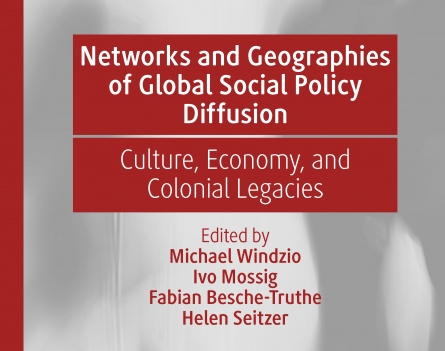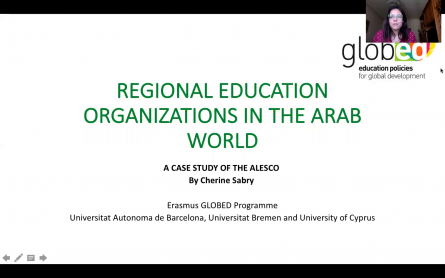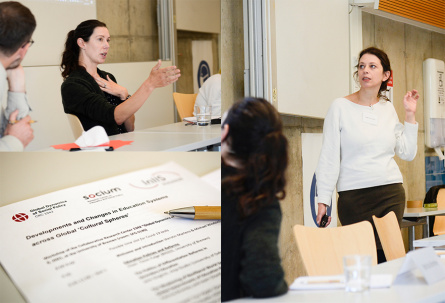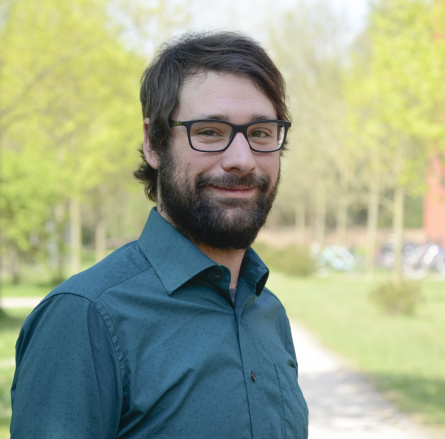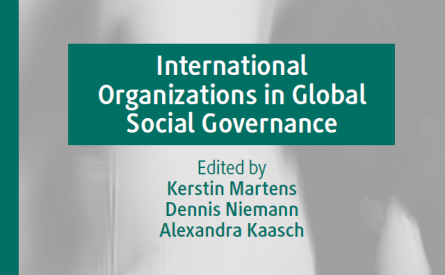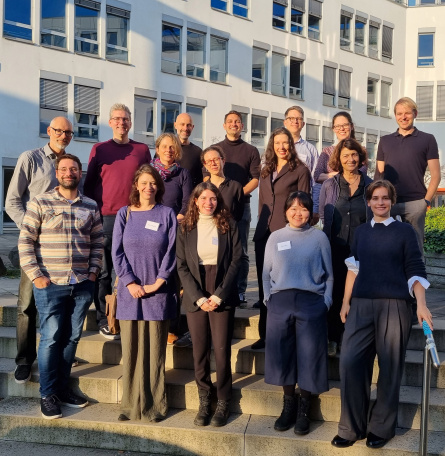
On October 25, project A05 "The Global Development of Coverage and Generosity in Public Education" hosted a workshop titled "25 Years of Global Education Agendas: Emerging Actors, Evolving Mechanisms, and Changing Interests" to examine pivotal shifts in global education agendas over the past twenty-five years. The workshop organized by the Team of Project A05 highlighted the emergence of new actors, evolving policy mechanisms, and shifting priorities in the global education landscape. Attendees included seven distinguished researchers from international institutions, the local project team, and invited commentators from Berlin and Hamburg.
Patricia Bromley from Stanford University presented on the discourse surrounding global education reforms. With co-authors she analyzes the ways international organizations promote and report on education reforms worldwide. Following her, Dennis Niemann from the University of Bremen provided a mixed-methods perspective on international organizations’ approaches to refugee and migrant education, offering insights into the policy frameworks addressing these populations’ educational needs. Clara Fontdevila and Antoni Verger from the Universitat Autònoma de Barcelona (UAB) presented on the conceptualization of large-scale national assessments of student achievement, discussing how these assessments are developed and employed to measure educational outcomes at a national level. Marina López Levy, also from UAB, focused on the evolution of large-scale learning assessments in Latin America, tracing both the historical trajectory and regional adaptations of these mechanisms over time.
Jane Gingrich from the University of Oxford examined public attitudes toward higher education. Julian Garritzmann from Frankfurt University presented on the influence of party politics on mass higher education, investigating how various political ideologies shape the expansion of higher education enrollment. Both illuminate the intersection between politics and education policy, particularly within mass education frameworks. Gita Steiner-Khamsi from Teachers College, Columbia University, closed the presentations with a reflection on the day’s discussions. She emphasized the impact of global education campaigns on policy as well as the timing and sequencing of changing education agendas.
Commentators from Berlin and Hamburg provided valuable perspectives, addressing the implications of these studies and offering comparative insights on education reform trajectories across different regions. These contributions spurred vibrant discussions, enabling participants to delve into the complexities of regional and global interactions in educational policy.
The workshop facilitated dynamic exchanges on the roles and impacts of diverse actors in global education reform. Participants engaged with questions on accountability, the efficacy of large-scale assessments, and the socio-political factors shaping educational discourse. By fostering a collaborative environment, the workshop strengthened a sense of community among researchers and practitioners, promoting future collaboration and professional exchange. The event underscored the importance of interdisciplinary perspectives and highlighted the ongoing evolution of education as a global priority shaped by diverse stakeholders. Future events will continue to build on these discussions, further exploring how education systems can evolve to meet both global and local needs.
Contact:
Dr. Fabian Besche-Truthe
Dr. Helen Seitzer
CRC 1342: Global Dynamics of Social Policy, Institute for Intercultural and International Studies
Mary-Somerville-Straße 7
28359 Bremen
Phone: +49 421 218-57065
E-Mail: seitzer@uni-bremen.de




